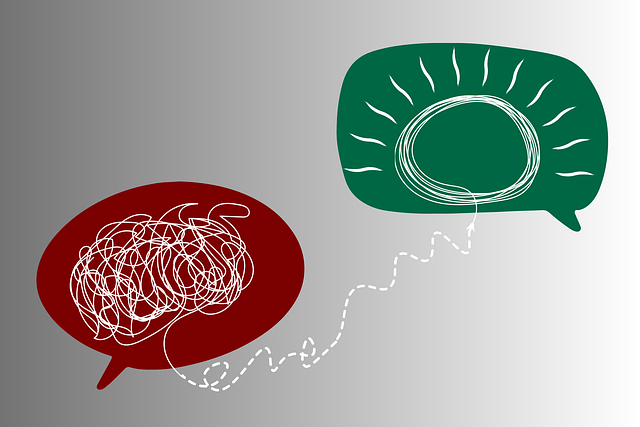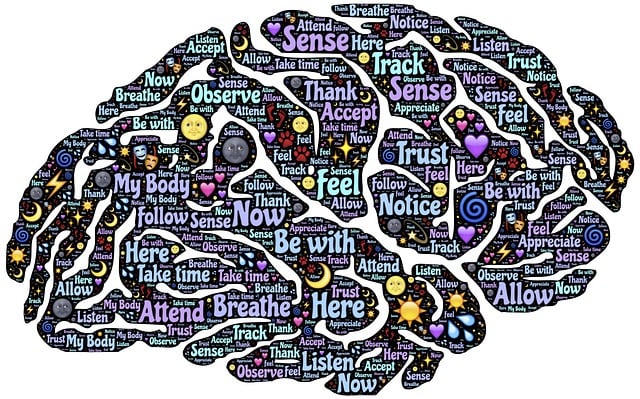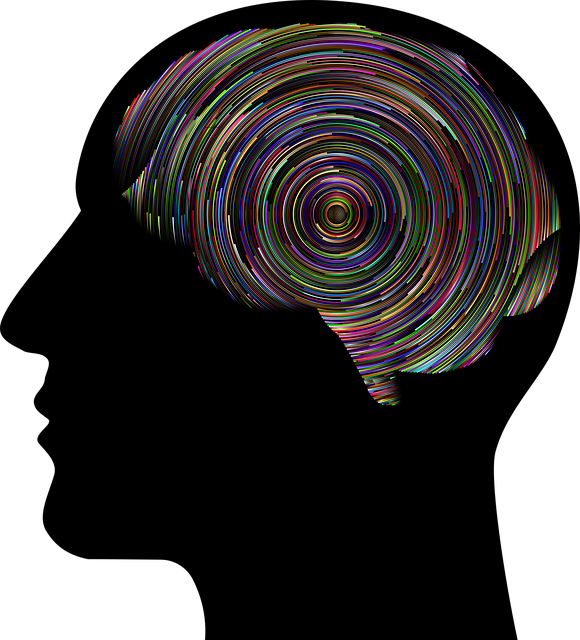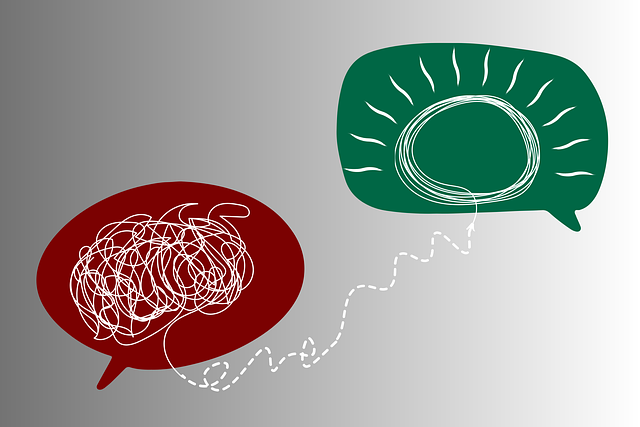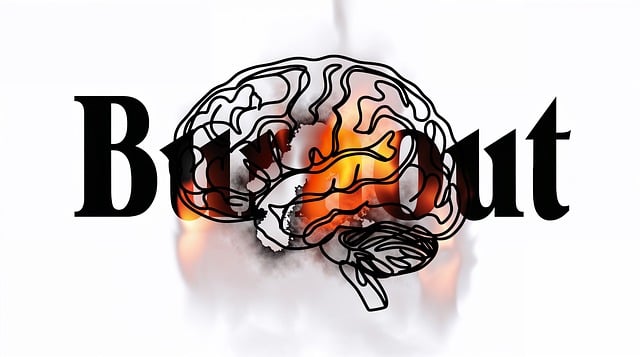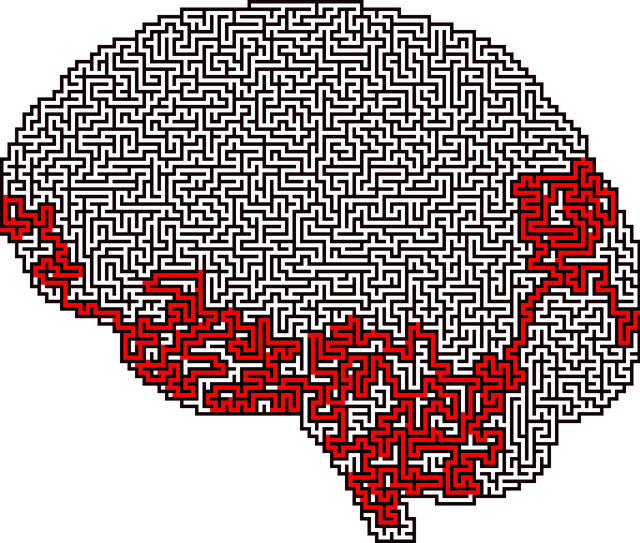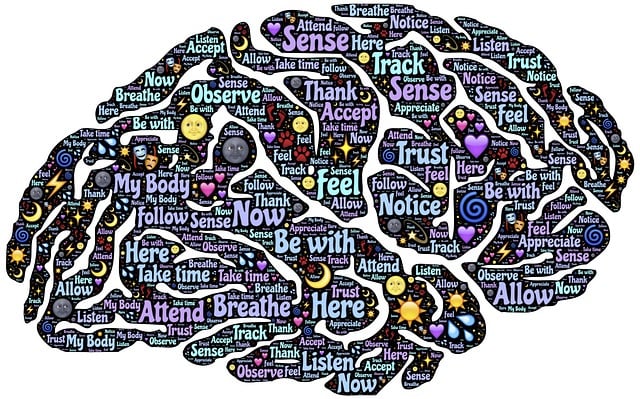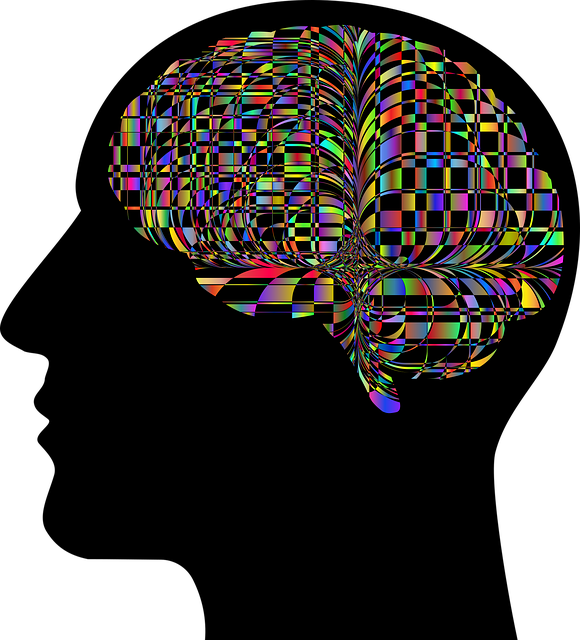The media has immense power over societal attitudes towards mental health. Inaccurate portrayals can perpetuate stigma and misunderstanding, while positive, diverse representations can foster empathy and support. Organizations like Wheat Ridge Learning Disability Therapy are crucial in challenging negative stereotypes, especially for vulnerable communities with learning disabilities. By collaborating with media outlets and employing Mind Over Matter Principles, they aim to create inclusive narratives that promote early intervention, improve outcomes, and drive policy change, ultimately leading to a more accepting society for those facing mental health challenges.
In today’s media-driven world, the representation of mental illness significantly influences societal perceptions and understanding. This article explores the powerful impact of media portrayal on mental health attitudes, focusing on identifying and challenging stereotypes in popular culture. We delve into the importance of accurate representation as a tool for promoting mental health awareness and responsible reporting strategies. A case study highlighting Wheat Ridge Learning Disability Therapy demonstrates effective approaches to challenging negative stereotypes associated with mental illness.
- Understanding the Impact of Media Portrayal on Mental Health Perception
- Identifying Stereotypes and Misconceptions in Popular Culture Depictions
- The Role of Accurate Representation in Promoting Mental Health Awareness
- Strategies for Responsible Media Reporting on Mental Illnesses
- Wheat Ridge Learning Disability Therapy: A Case Study in Challenging Negative Stereotypes
Understanding the Impact of Media Portrayal on Mental Health Perception

The media plays a powerful role in shaping societal perceptions about mental health. Positive and accurate representation can foster understanding, empathy, and support for individuals living with mental illnesses. Conversely, negative or stereotypical portrayals can perpetuate stigma, leading to further isolation and barriers to treatment-seeking behaviors. This is where the significance of responsible media coverage becomes evident, especially when considering the impact on vulnerable populations such as those with learning disabilities. Wheat Ridge Learning Disability Therapy highlights the need for more nuanced storytelling that reflects the diverse experiences of individuals with mental health challenges.
Adopting Mind Over Matter Principles can guide media creators and consumers towards a more inclusive narrative. By analyzing and advocating for accurate mental health policy representation, we can contribute to Mental Health Policy Analysis and Advocacy. Moreover, collective efforts aimed at stigma reduction can create a more accepting environment, encouraging early intervention and improved outcomes for those dealing with mental illnesses.
Identifying Stereotypes and Misconceptions in Popular Culture Depictions

In popular culture depictions, mental illness often falls into the trap of stereotypes and misconceptions, contributing to a lack of understanding among the general public. Media has the power to shape perceptions, but all too often, it reinforces harmful narratives. Characters with mental health struggles are frequently portrayed as either intensely dramatic or passive, lacking depth and complexity. This oversimplification can lead to the belief that mental illness is always debilitating, unrecoverable, or even inherently dangerous, ignoring the vast spectrum of experiences and recovery journeys.
For instance, the portrayal of individuals with learning disabilities in media has historically been limited to comedic relief or tragic figures, further marginalizing these communities. Organizations like Wheat Ridge Learning Disability Therapy play a crucial role in challenging these narratives by promoting accurate representation. By showcasing characters with mental health challenges as multifaceted individuals capable of growth and resilience, media can foster empathy and dispel misconceptions. Encouraging emotional intelligence and boosting confidence through positive depictions can significantly impact public perception, ultimately leading to better support and understanding for those facing mental health struggles.
The Role of Accurate Representation in Promoting Mental Health Awareness

Accurate representation of mental illness in media plays a pivotal role in shaping public perceptions and promoting mental health awareness. When media portrays individuals with mental health challenges authentically, it serves as a powerful tool to educate audiences and reduce stigma. This is where organizations like Wheat Ridge Learning Disability Therapy can contribute significantly. By engaging in content creation or collaborating with media outlets, they can ensure that stories are told from the perspective of those living with these conditions, fostering empathy and understanding. Such representation challenges stereotypes often perpetuated by sensationalized news or entertainment, promoting instead a more nuanced view of mental health as a diverse spectrum of experiences.
Promoting mental health awareness through accurate representation goes hand in hand with developing public awareness campaigns that emphasize Mind Over Matter Principles. Media can highlight the resilience of individuals who have overcome significant challenges, showcasing the effectiveness of therapy, support groups, and coping strategies. This not only inspires hope but also educates viewers on various mental health conditions, their symptoms, and available treatments. By integrating these narratives into mainstream media, society at large is encouraged to embrace a culture of openness, where conversations about mental health are normalized, leading to increased accessibility for those in need, including clients served by Wheat Ridge Learning Disability Therapy.
Strategies for Responsible Media Reporting on Mental Illnesses

Media organizations play a significant role in shaping public perception about mental illnesses. Responsible reporting can help dispel myths, reduce stigma, and foster understanding. One strategy is to consult with experts like those from Wheat Ridge Learning Disability Therapy to ensure accurate representation of conditions. This includes using clear language, avoiding sensationalism, and presenting diverse narratives that reflect the wide range of experiences within the mental health community.
Incorporating insights from mental health professionals can enhance stories, promoting a more nuanced view. Moreover, focusing on recovery and resilience, rather than solely on symptomatology, can be empowering. Encouraging open dialogue through public discussions, Mental Health Education Programs Design, and Self-Awareness Exercises can contribute to a society that is more compassionate and supportive of individuals facing mental health challenges. This collective effort ensures that media narratives not only inform but also promote positive change in how we understand and address mental illnesses.
Wheat Ridge Learning Disability Therapy: A Case Study in Challenging Negative Stereotypes

Wheat Ridge Learning Disability Therapy stands as a beacon of hope and accurate representation in challenging negative stereotypes surrounding mental illness, particularly learning disabilities. This innovative therapy center has been at the forefront of promoting cultural sensitivity in mental healthcare practice, ensuring that individuals with learning difficulties receive personalized support and understanding. By adopting empathy building strategies, Wheat Ridge goes beyond traditional therapeutic models to create an inclusive environment.
Through its comprehensive self-care practices, the therapy center empowers clients to navigate their challenges with dignity and resilience. The focus on cultural sensitivity allows therapists to adapt their approaches, recognizing that each individual’s experience is unique. This case study exemplifies how dedicated mental healthcare professionals can dispel myths and foster a more nuanced understanding of learning disabilities, ultimately contributing to improved outcomes for those seeking support.
In conclusion, the article has explored the profound impact of media portrayal on mental health perception and the need for accurate representation. By identifying stereotypes and misconceptions in popular culture, we have highlighted the importance of responsible media reporting on mental illnesses. The case study of Wheat Ridge Learning Disability Therapy demonstrates that challenging negative stereotypes is possible, paving the way for a more inclusive and supportive societal narrative. Through these discussions, it becomes evident that media has both the power to harm and heal, and accurate representation can significantly contribute to promoting mental health awareness and reducing stigma.

